February 2021
A call for charging points at home
Zukunftsblog
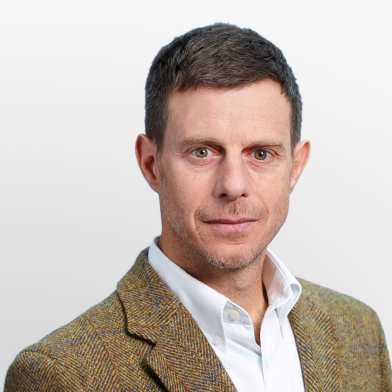
For Switzerland to become climate neutral, there’s no way around electric mobility. But to get e-cars going, the public must push for charging stations where people live, argues Anthony Patt.
Fostering scientific cooperation with Asia
News
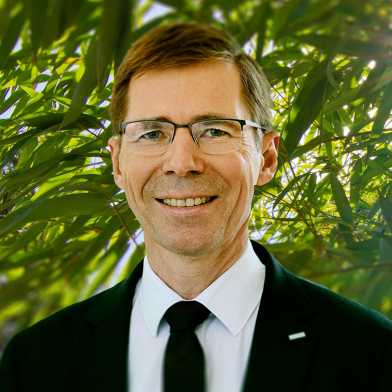
Swiss science benefits from international collaboration and exchange. Signing a mandate for another four years, ETH Zurich continues as Leading House for bilateral cooperation in science and technology East and Southeast Asia.
Warmer and wetter climates amplify carbon release
News
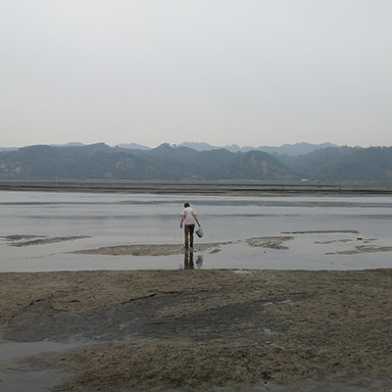
Terrestrial ecosystems help mitigate climate change by absorbing large amounts of carbon from the atmosphere. A new study now confirms that changing climate conditions could reduce this effect because in warmer and wetter areas, carbon stored in the soil is released back into the atmosphere more quickly.
Scientists begin building highly accurate digital twin of our planet
News

A digital twin of our planet is to simulate the Earth system in future. It is intended to support policy-makers in taking appropriate measures to better prepare for extreme events. A new strategy paper by European scientists and ETH Zurich computer scientists shows how this can be achieved.
Cybersecurity and ways to handle uncertainties
News

In the third part of the ETH-podcast series on the topic of uncertainty senior lecturer Myriam Dunn Cavelty and student Karin Holzhauser talk about cybersecurity and its role in computer science.
Martian moons have a common ancestor
News
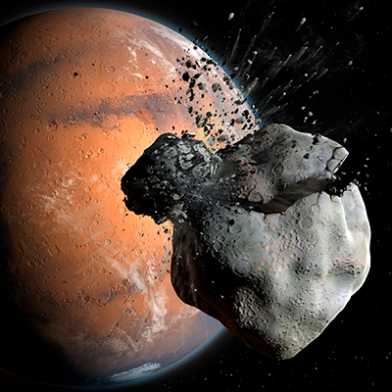
Phobos and Deimos are the remains of a larger Martian moon that was disrupted between 1 and 2.7 billion years ago, say researchers from the Institute of Geophysics at ETH Zurich and the Physics Institute at the University of Zurich. In collaboration with the U.S. Naval Observatory, they reached this conclusion using computer simulations and seismic recordings from the InSight Mars mission.
Security flaw detected for the second time in credit cards
News

After finding a vulnerability in certain credit cards for the first time last year, ETH researchers have now found a way to outsmart the PIN codes for other payment cards.
Swimming upstream on sound waves
News
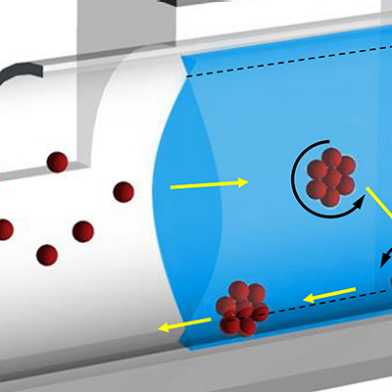
ETH researchers are among the first scientists to have succeeded in propelling microvehicles against a fluid flow using ultrasound. In future, these tiny vehicles are set to be introduced into the human bloodstream, thereby revolutionising the field of medicine.
We need a global science panel on chemicals and waste
Zukunftsblog

Chemical pollution is a global threat that demands for global action, says Zhanyun Wang. An interface body similar to the IPCC could help bridge the gap between science and policy.
Human impact on solar radiation levels for decades
News
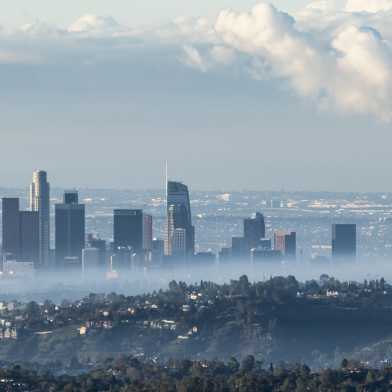
Based on the long-term Potsdam radiation time series, ETH Professor Martin Wild and his collaborators have shown that variations in the intensity of sunlight over decades are down to ultra-fine, man-made dirt particles in the atmosphere.